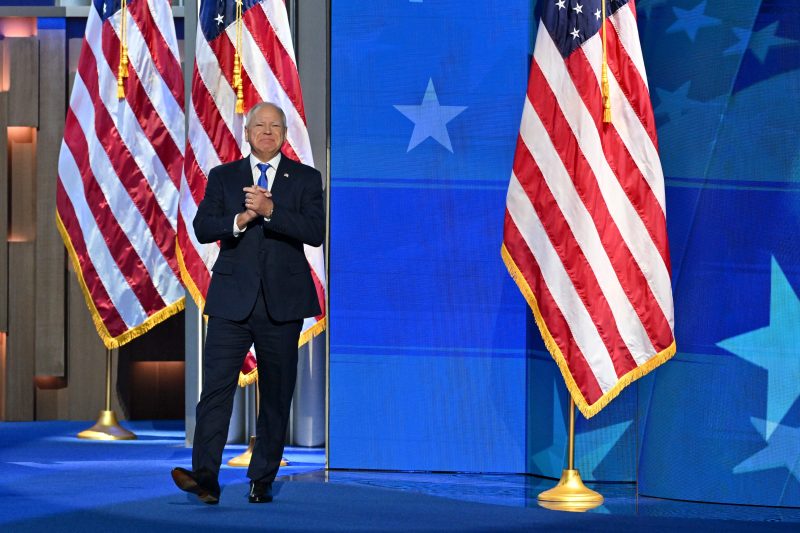In recent elections worldwide, politicians have increasingly used China’s growing power as a focal point in their campaigns. This shift reflects the rising concerns and perceptions regarding China’s influence on global affairs. As a dominant player in international trade, technology, and geopolitics, China has become a common target for political attacks and critique.
One key aspect of China’s expanding power that candidates often target is its economic prowess. China’s rapid economic growth over the past few decades has made it a formidable economic competitor to many countries, including traditional powerhouses like the United States. Politicians frequently highlight trade imbalances and unfair practices by China to drum up support among voters who feel economically threatened by Chinese competition.
Additionally, China’s technological advancements and investments in emerging technologies such as artificial intelligence and 5G networks have raised concerns about national security among many countries. Political candidates leverage these concerns to criticize their opponents’ perceived lack of vigilance in safeguarding national interests against potential Chinese technological threats. This strategy is particularly effective in countries where cybersecurity and national security are top-of-mind issues for voters.
China’s ambitious global infrastructure projects, such as the Belt and Road Initiative, have also become a target for criticism. Opponents of such candidates argue that China’s infrastructure investments are veiled attempts to expand its geopolitical influence and gain control over strategic regions. By framing these projects as potential threats to national sovereignty and security, politicians seek to rally public support against any perceived alignment with Chinese interests.
Moreover, candidates often cite China’s human rights record as a basis for attacking their rivals. The Chinese government’s crackdown on dissent, repression of ethnic minorities, and censorship of free speech provide ample fodder for politicians seeking to portray their opponents as soft on authoritarianism. By highlighting China’s human rights abuses, candidates can appeal to voters’ sense of morality and justice, painting themselves as champions of democratic values and human rights.
In summary, as China’s power continues to grow on the global stage, political candidates have seized upon various aspects of China’s influence to score points against their opponents. Whether focusing on economic competition, technological threats, geopolitical ambitions, or human rights abuses, attacking China has become a popular tactic for candidates looking to sway public opinion in their favor. Moving forward, it is likely that China will remain a prominent target in political discourse as countries navigate the complexities of a world shaped by Chinese power.
